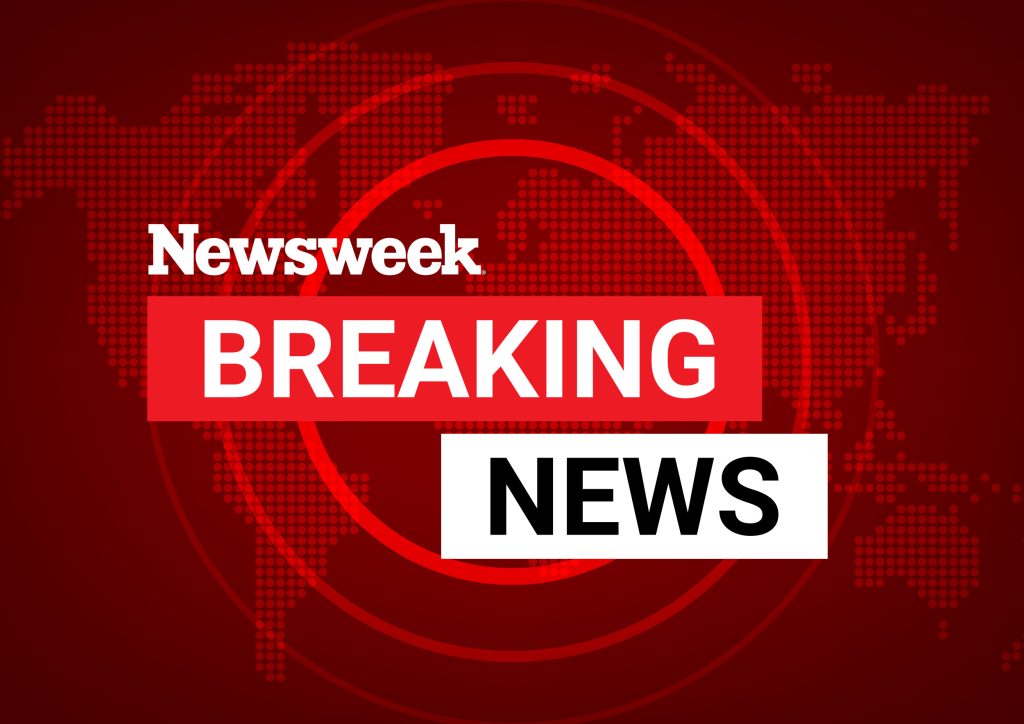Daylight Saving Time (DST), the practice of advancing clocks by one hour during the summer months, has been a subject of ongoing debate and controversy for decades. While initially implemented to conserve energy and maximize daylight hours, its effectiveness and overall impact have been questioned, leading to calls for its abolishment. Former President Donald Trump’s vocal opposition to DST, expressed through his social media platform Truth Social, has reignited this discussion, bringing the issue back into the public spotlight and potentially influencing the future of timekeeping practices in the United States. His assertion that the Republican Party would actively work to eliminate DST adds a political dimension to the debate, potentially galvanizing support for its repeal.
The arguments against DST are multifaceted, encompassing concerns related to energy consumption, public health, and economic productivity. While proponents argue that DST saves energy by reducing the amount of electricity needed for lighting, studies have shown mixed results, with some indicating negligible impact or even increased energy use due to changes in heating and cooling patterns. Furthermore, the disruption to sleep patterns caused by the abrupt time shift can have detrimental effects on human health, increasing the risk of heart attacks, strokes, and other health problems. The jarring transition can also negatively impact workplace productivity and increase the likelihood of accidents, both on the road and in other settings. These cumulative drawbacks have fueled the movement to abolish DST, with many advocating for a return to standard time year-round.
From a historical perspective, DST has been adopted and abandoned multiple times in various countries throughout the 20th and 21st centuries. Initially introduced during World War I as a wartime measure to conserve energy, it was subsequently repealed and reinstated several times, often driven by economic or political considerations. The current system in the United States, standardized by the Uniform Time Act of 1966, establishes the dates and times for clock changes, but also allows states to opt out of observing DST. Arizona and Hawaii, for example, currently remain on standard time year-round. This variation in timekeeping practices across the country highlights the ongoing debate and the lack of consensus on the optimal approach.
The potential economic impact of abolishing DST is a significant factor in the ongoing debate. While some businesses, particularly those in the recreation and tourism sectors, may benefit from extended daylight hours during the summer months, others may experience disruptions or increased costs associated with adjusting operating hours and schedules. The agricultural industry, for example, has traditionally opposed DST due to the disruption it causes to farm routines and livestock management. Similarly, the transportation industry faces challenges related to scheduling and coordinating operations across different time zones. A comprehensive analysis of the economic effects of abolishing DST would be crucial before making any significant policy changes.
The implications for public health and safety are another critical consideration. The disruption to circadian rhythms caused by the time change can have adverse effects on sleep patterns, mental health, and overall well-being. Studies have linked DST to increased rates of heart attacks, strokes, and other cardiovascular problems, as well as a higher incidence of workplace accidents and traffic fatalities. The abrupt shift in sleep schedules can also exacerbate existing mental health conditions, such as depression and anxiety. These potential health risks underscore the importance of carefully evaluating the potential consequences of maintaining or abolishing DST.
The debate surrounding DST is complex and multifaceted, involving a range of considerations related to energy consumption, economic impact, public health, and social preferences. While proponents argue for its benefits in terms of energy savings and extended daylight hours, opponents highlight the potential drawbacks related to health risks, economic disruptions, and overall inconvenience. The ongoing discussion, fueled by political figures like former President Trump, underscores the need for a comprehensive assessment of the costs and benefits of DST to inform future policy decisions and ensure that the chosen timekeeping system best serves the interests of the public. Whether the United States will eventually move towards abolishing DST remains to be seen, but the renewed focus on this issue highlights the importance of considering the diverse perspectives and potential impacts before making any significant changes.










